Mennonite/s Writing VI
A sampler of creative writing from Mennonite/s Writing VI: Solos and Harmonies, held at Eastern Mennonite University March 29-April1, 2012.
In this issue:
-
0
read more
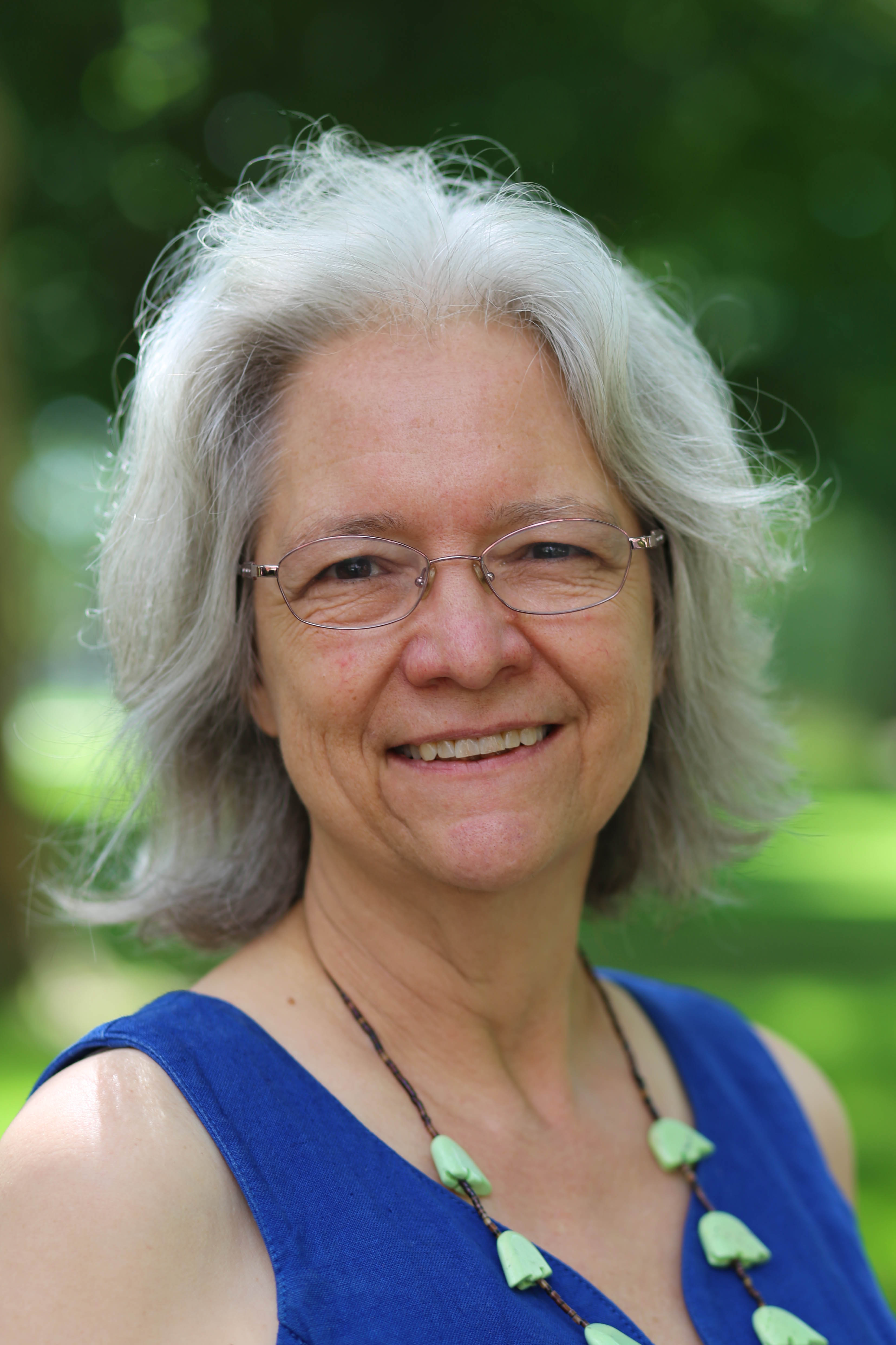
In This Issue
by Ann HostetlerIn this issue is a sample of original creative writing from Mennonite/s Writing VI: Solos and Harmonies, held at Eastern Mennonite University (EMU) from March 29-April 1, 2012. The writers here represented suggest some of the variety, passion, and talent that contributed to the success and texture of the conference. The works I have chosen for this issue were either read at the conference or written in response to it. All of the writers are younger--from the under forty set--and suggest the vitality of the new generation of writers that has emerged since the first Mennonite/s Writing Conference held at …
-
0
read more
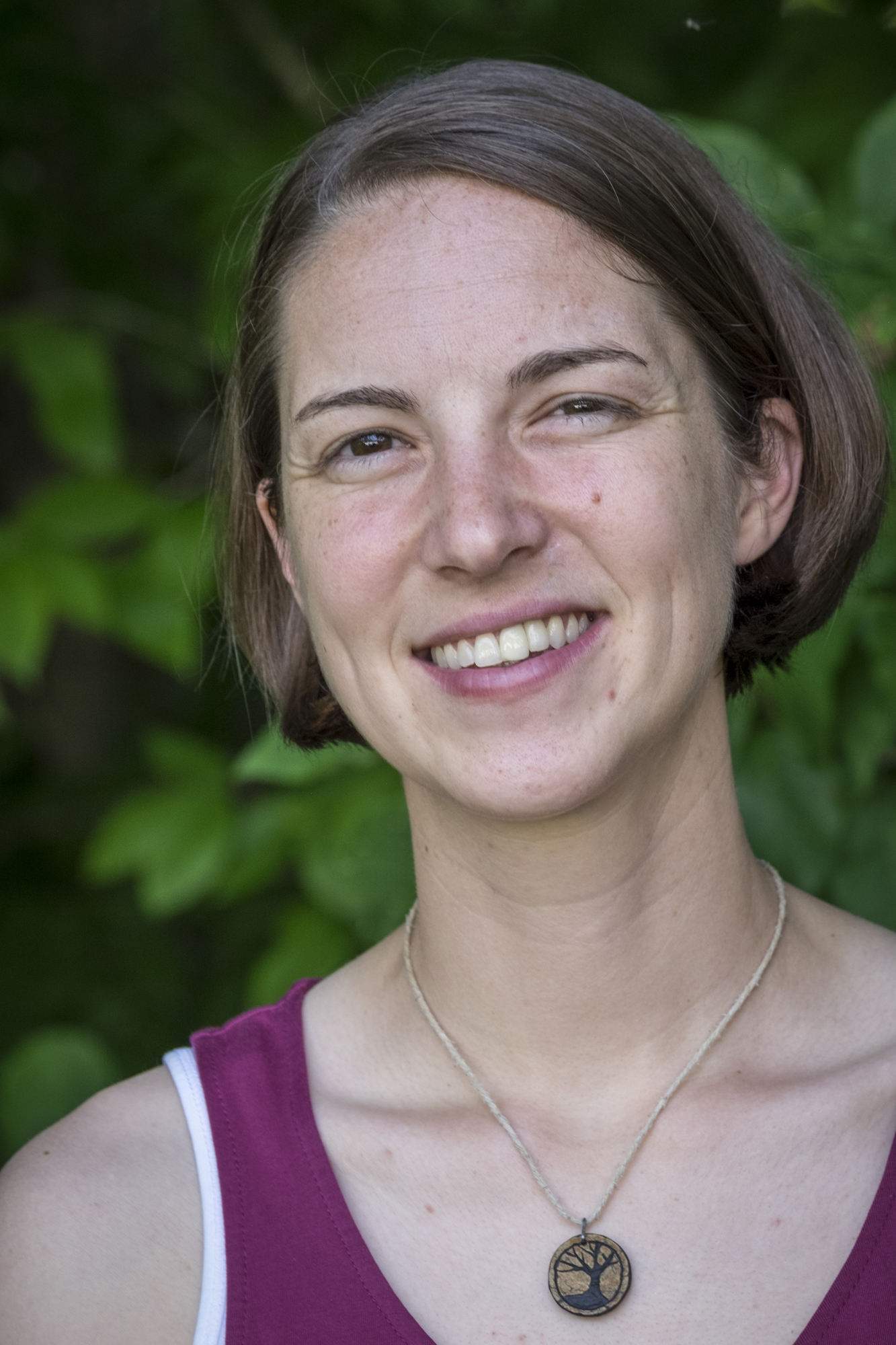
An Inescapable Embrace
by Anita Hooley YoderI was introduced to Sleeping Preacher as a first-year student at Goshen College in a class called “Introduction to Literary Interpretation.” I do not think I had ever seen a poem about or by a Mennonite before, and I was thrilled to discover, in that semester of Shakespeare and Toni Morrison, that my people (or people sort of like mine) were also worthy of creative exploration and critical study. Just last semester (fall 2011), I took a seminary class through the Earlham School of Religion called “Writing as Christian Ministry.” I was uncertain about what sort of definition of “writing” …
-
0
read more

Thinking of Certain Teenage Mothers and other poems
by Anita Hooley YoderFour poems Anita read at the conference, two of them inspired by Mennonite writers Julia Spicher Kasdof and Jeff Gundy.
-
0
read more
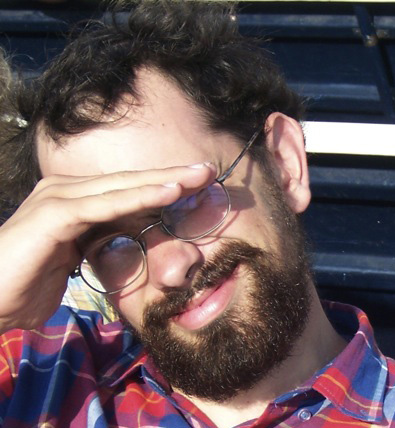
Permission and Other Poems
by Jesse Nathan"Permission" was inspired by Jesse's experience at Mennonite/s Writing VI; he read the other three poems at the conference. "Report of Heavens" first appeared under the title "Heavens," in a different form in The Mennonite for May 5, 2009.
-
0
read more

Silence, Memories, and Elegies
by Connie T. BraunAuthor's note: In these poems the speaker is generationally, linguistically and culturally removed from her family’s experiences of trauma and displacement. In acting as witness to her grandparents' lives, these poems privilege “words, unspoken”; that is, silence and memory to compose, for the next generation of acculturated (Canadian) children and grandchildren, authentically interpreted experience of ethnic/religious Mennonite heritage. —Connie Braun
-
0
read more
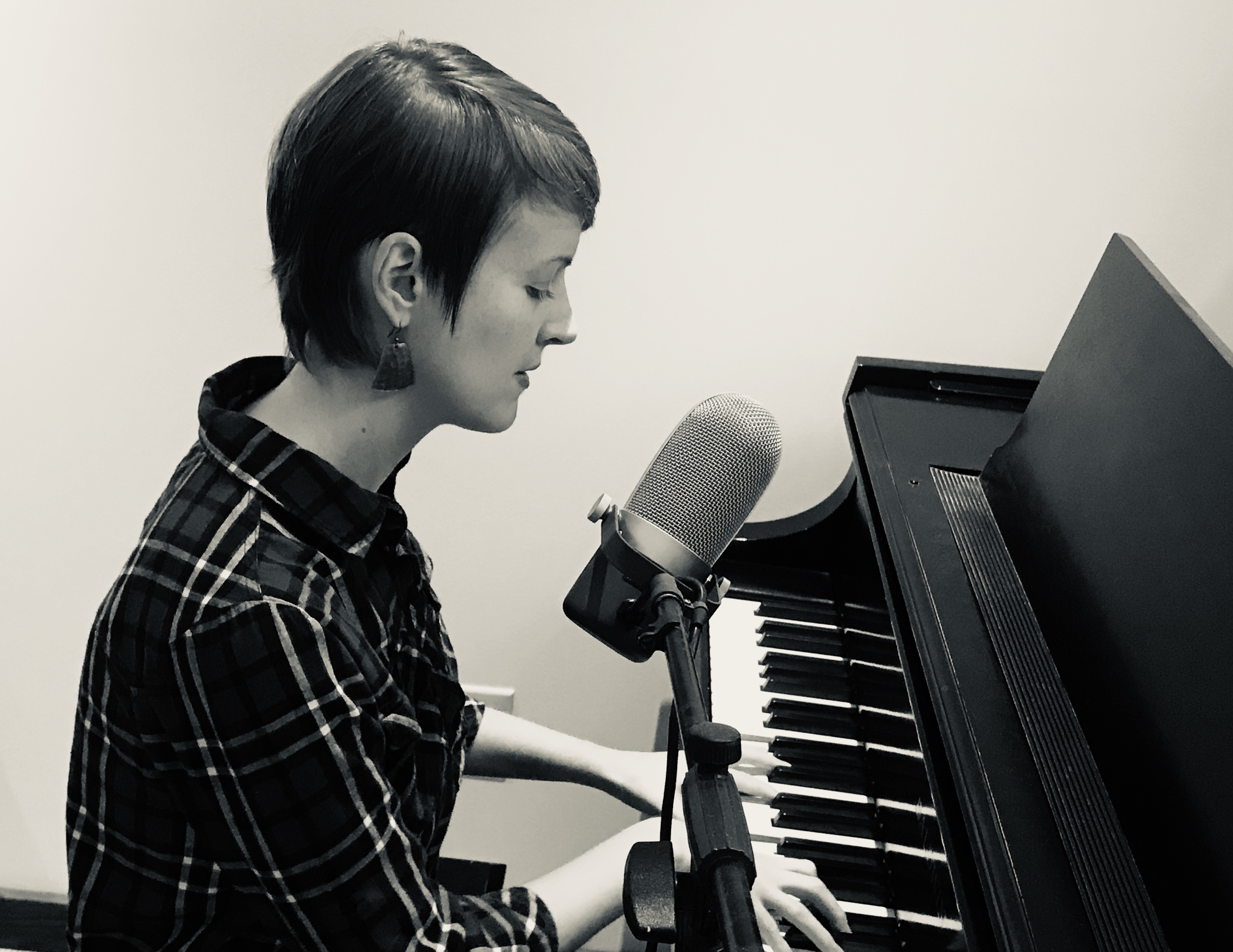
Latest Letter and other Poems
by Becca J.R. LachmanThese new poems read by Becca at the conference grow out of her ongoing dialogue with her Ohio Mennonite community.
-
0
read more
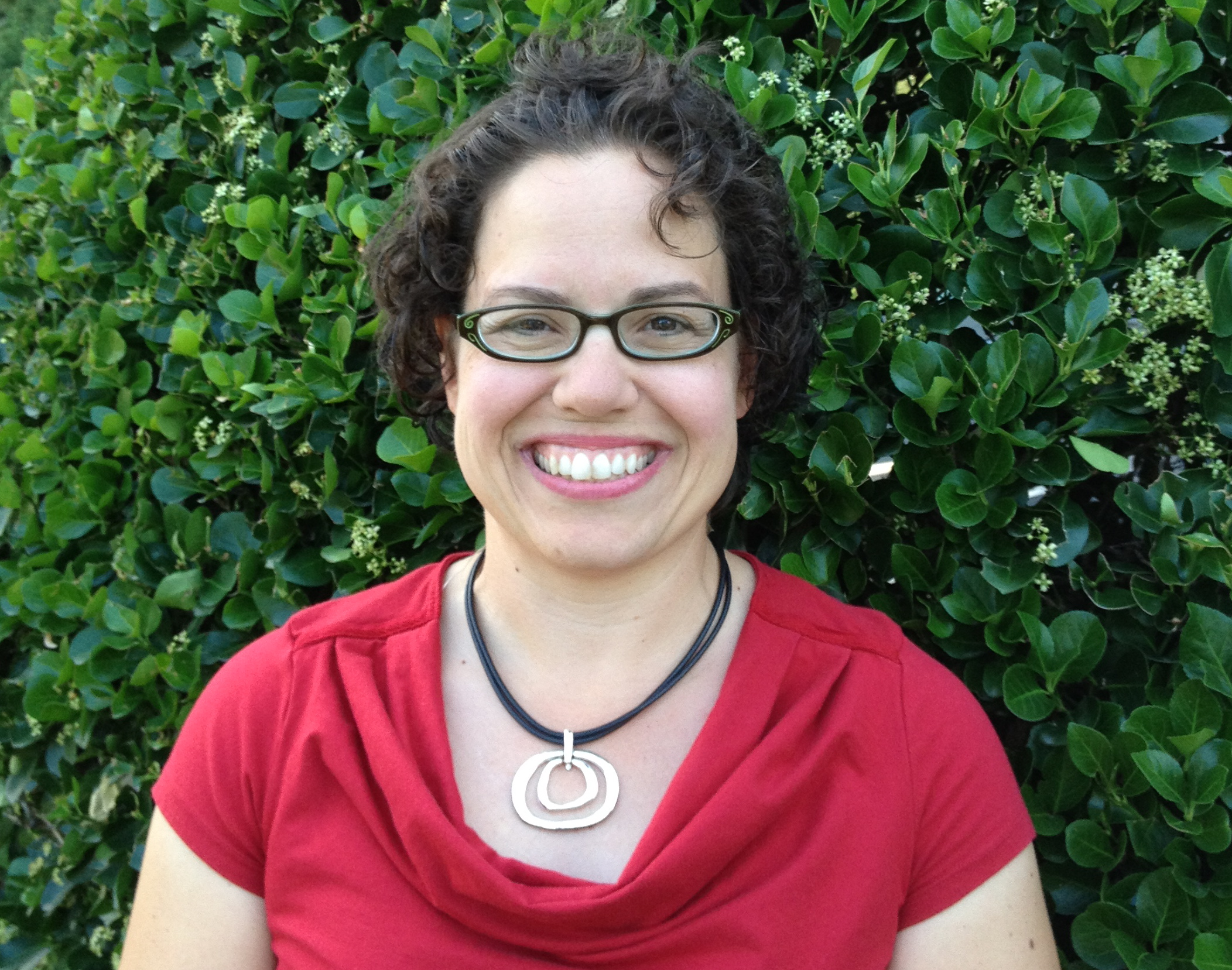
Mungu Ni Pendo
by Maria LahmanAuthor's Note: I formed this research poem from in-depth interviews with my nieces, Mica and Noa Yoder. The interviews were about Sept. 11, 2001 and occurred a year after the tragedy. My nieces were 4 and 7 years-old at the time and were walking to school with their mother, my sister, Katrina, in Manhattan, when the planes were directed into the Trade Towers. At the outset of the interview Noa sang a song that is symbolic of our extended family, J. Clyde Shenk, Alta Barge Shenk, and Miriam Wenger Shenks’, Anna Kathryn Shenk Eby's, and Omar Eby’s connection to East Africa as Mennonite missionaries. I have woven these lyrics throughout the poem. My regret is the reader cannot hear Noa’s child voice in song. The Swahili text Mungu ni Pendo translates to the song, "For God So Loved Us."
Research poetry, a blending of aesthetic and scientific representation, exists between the boundaries of art and science. Research poets are interested in blurring scientific writing principles as a way of allowing people to see and understand research findings in new ways. Some have even claimed that the poetic form may be more accessible. This position while arguable (Lahman, et. al 2011) underscores the poetic form possibly causing research to be understood differently from the scientific paper.
Research poetry of the nature seen in this poem is commonly referred to as transcription poetry (Glesne, 1997; eg. Lahman, 2011; Teman, 2010), where the poem lines are derived directly from an interview transcript. This type of poetry has seen more recent acceptance in progressive science areas most likely due to the erroneous feel that the lines are objective facts. Readers will wish to consider the deeply interpretive nature of, first, the act of transcription (eg. How does one choose where to punctuate speech?), second, the poet’s choice of which text to use in the poem, and third, how to form the text within the poem. For further reading please see Lahman et. al (2010) for discussion of research poetry including autoethnographic and formed representations.
-
0
read more
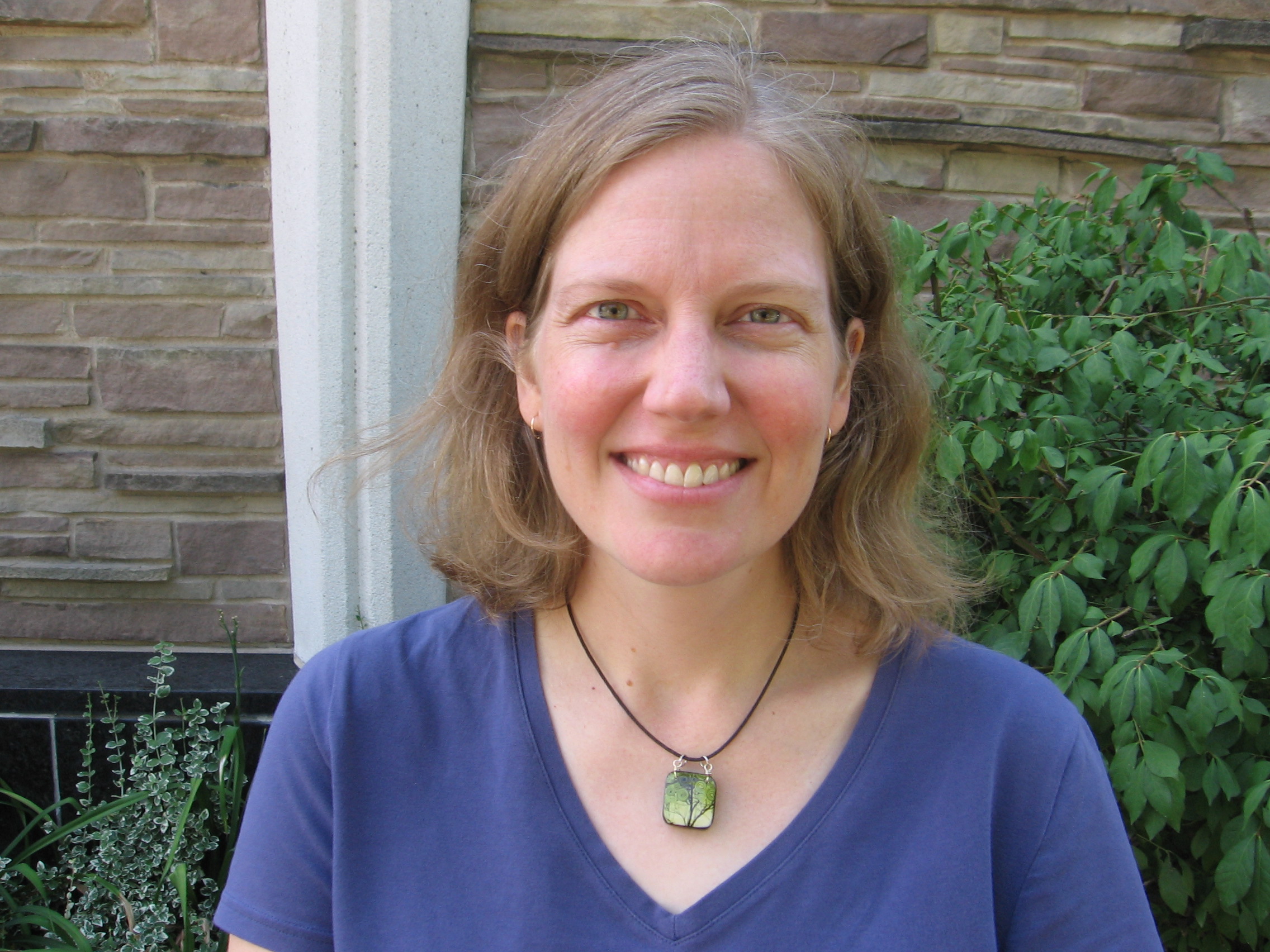
People Who Understand
by Kristen MathiesThis short story, read at the conference, was inspired by the author's childhood in Swaziland.